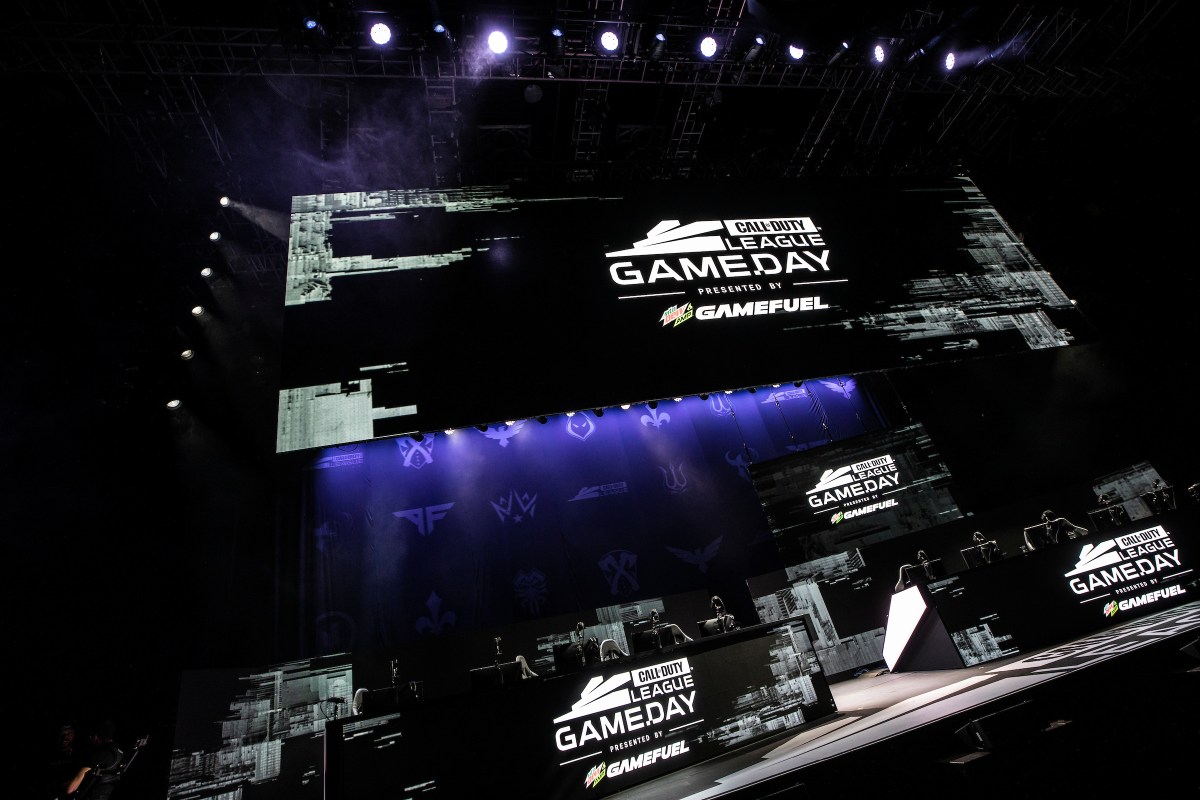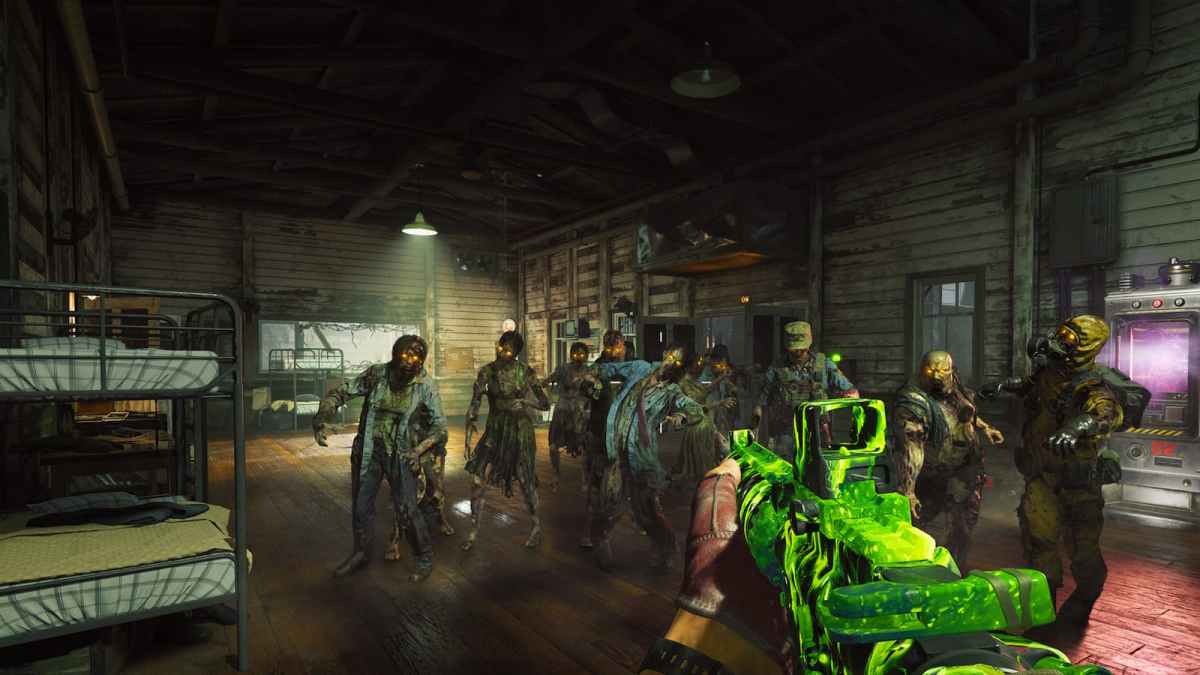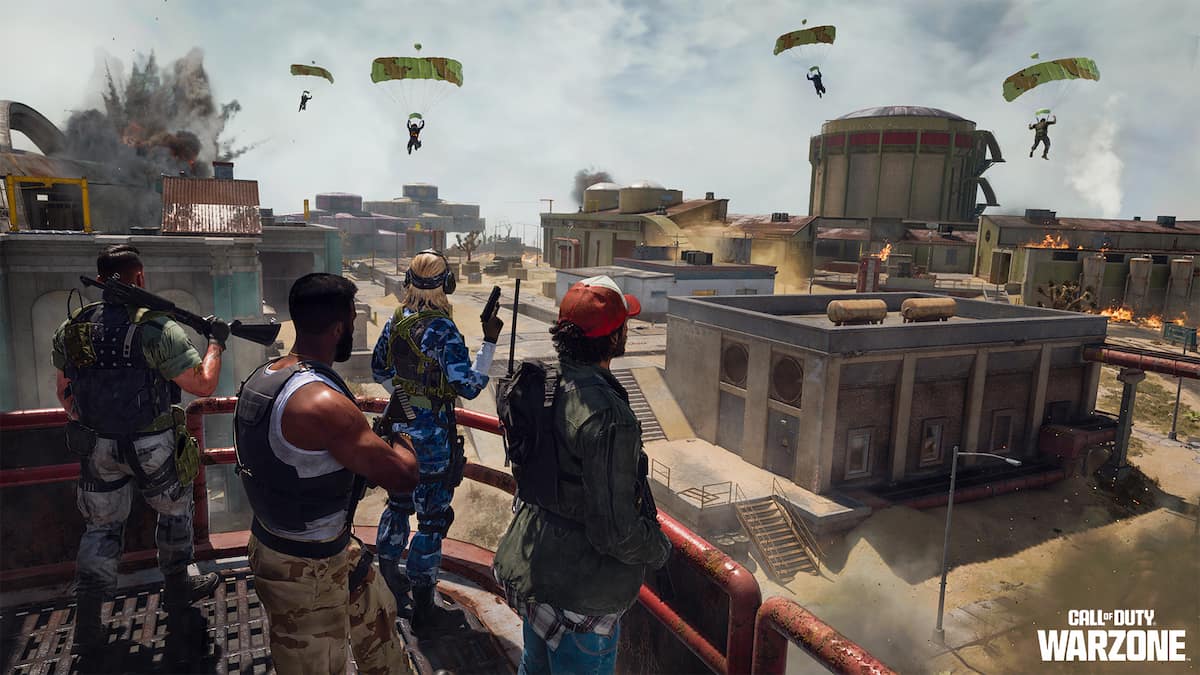Historically, the impact Call of Duty coaches have had on their respective teams has been kept behind closed doors. For this reason, fans and commentators seem to have a hard time distributing credit to the coaches of teams that either experience great success or failure.
But on the latest episode of The Codcast, Nameless’ Call of Duty esports podcast, he, two-time world champion Clayster, and OpTic Gaming L.A. coach Pacman discussed when coaches should be held accountable for poor team performances.
As the trio discussed the Seattle Surge, who sit in eighth place in the league with a 4-10 record, Clayster, who disagreed with the Surge’s benching of Enable, posed an admittedly speculative question: When should Seattle coach Joey “Nubzy” DiGiacomo be blamed for the team’s failures instead of a player?
Pacman, as the coach of last-place OGLA, said on The Codcast he has to hold himself accountable to determine how much of his team’s struggles lie with him and how he can help the team improve.
But should we really blame coaches—or conversely, credit them—for their team’s performances?
Unlike most traditional sports, where coaches are typically hired to install a scheme and work alongside a general manager to construct a roster that fits their scheme, players have more power in the team-building process in Call of Duty.
Generally, coaches in CoD can’t fairly be compared to an NFL coach like Andy Reid or an MLB manager like Dave Martinez. Some aspects, such as the management of relationships within the team, are similar. But Pacman, who joined OGLA over two months after the starting roster was revealed, didn’t have a say in which players he wanted on the team.
CoD coaches could most closely be compared to coaches in the NBA because of the similarities between CoD and basketball. Both are played in five-man teams, positions are more fluid than in other sports, and the influence of a single player is greater than in other sports.
Like in the NBA, credit and blame should go to CoD coaches, although it should be limited. It’d be unfair to say Faccento deserves more credit than the five eUnited players who won the Call of Duty World League Championship last year. And it’s also unfair to put more blame on Nubzy for Seattle’s shortcomings when the team was already 1-4 when Pandur replaced Enable.
Related: Here are the 2020 Call of Duty League standings
There’s probably a sweet spot somewhere in the middle. Coaches shouldn’t be absolved from blame when, for example, a team’s personalities are mismanaged. But the players should—and already do—bear the blame when they make a game-altering mistake.
In the case of Nubzy, there also seems to be some speculation that he’s solely behind Enable’s benching. It seems unlikely, though, that he’d make a move like that without some support from the players. Without more knowledge on the Surge’s team dynamic, it’s pretty much impossible to say who’s at fault.
Regardless, Clayster’s question elicited a reaction from Nubzy, who tweeted that “people love speaking on things they know absolutely nothing about, and will always look dumb doing it.” The tweet has since been deleted.
As Call of Duty esports evolves, coaches may acquire more power over their team’s construction and how their team plays. But until then, let’s be careful with the credit and blame we dish out to them.







Published: Apr 30, 2020 05:40 pm